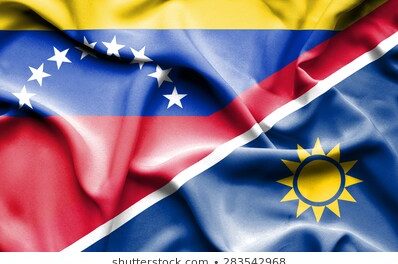
What is the SADC Tribunal?
Sir
The SADC Tribunal was set up as an independent legal body to ensure that every country within SADC respected and conformed to the principles and objectives enshrined in the SADC Treaty of 1992.
The Tribunal had exclusive jurisdiction where member states had disputes with SADC or its institutions.
It also provided SADC citizens with a platform to seek justice and hold their governments to account when their human rights had been infringed upon and local legal remedies had been exhausted.
From 2007, the Tribunal ruled on 20 cases that included disputes between citizens and their governments, as well as cases between companies and governments. The majority involved Zimbabwean citizens taking the Zimbabwe government to court.
In December 2010, in their judgement on the Gondo case, the Tribunal ordered the Zimbabwe government to pay US$17 million compensation to nine victims of organised violence and torture perpetrated by the army and police.
The victims had suffered bullet wounds, beatings and even paralysis as a result of the physical violence at the hands of the police and soldiers.
Two years earlier, in November 2008, the Tribunal had ruled that President Mugabe’s land reform programme was both illegal and racist.
Following intensive lobbying by the Zimbabwe government, the SADC heads of state suspended the Tribunal in August 2011 and there was widespread concern that they would decide at the Maputo summit to remove the Court’s human rights jurisdiction.
Ben Freeth
SADC Tribunal Rights Watch
Zimbabwe












































